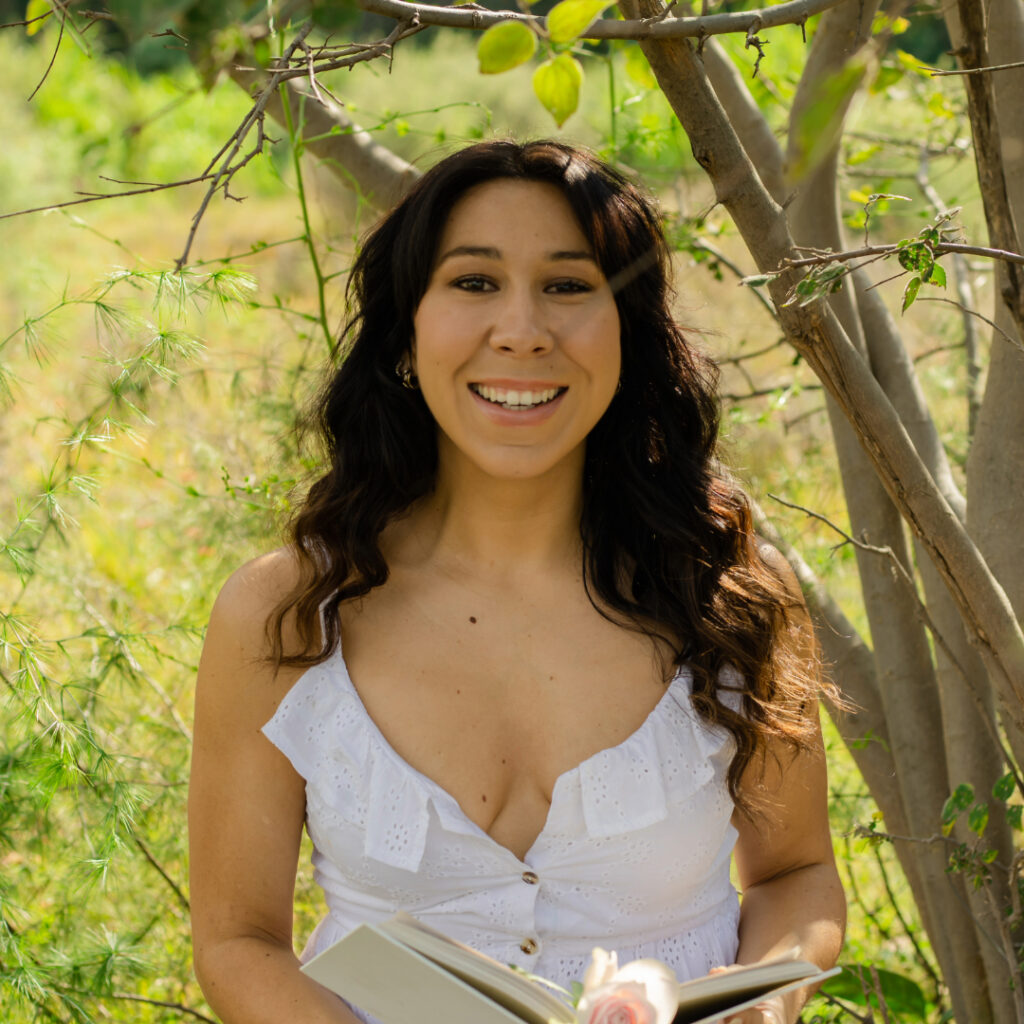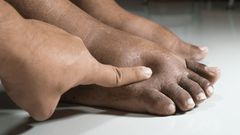For many Nigerians and West Africans, staying committed to a weight loss journey can feel like a mountain climb—one filled with the temptation of sweet puff-puff and chin chin, jollof rice at celebrations, and the ever-present urge to skip workouts when Lagos traffic saps your energy. The idea of “rewards” during weight loss is far from a foreign concept, but how you use them can make or mar your progress. As fitness trainer Abbi McDuling shares, “Rewards play a vital role in a successful fitness journey; they reinforce consistency, recognise our effort, and above all, make the process lively rather than punishing.” Melissa Lainn, a wellness coach, adds that rewarding yourself is a powerful gesture of self-recognition: “Celebrating progress—especially those little wins not reflected on the scale—helps you rebuild trust with yourself, which is essential for lasting lifestyle change.” This form of validation is particularly important in cultures where collective celebrations often centre around food or traditional feasts.
Meet the experts:
Abbi McDuling is a fitness trainer.
Taryn Bortz is a registered dietician.
Melissa Lainn is a wellness and holistic health coach.
Yes, You Should Reward Yourself
For those navigating weight management across Nigeria, Ghana, and beyond, using rewards as part of your plan is an effective strategy. According to Taryn Bortz, a registered dietician, “Setting SMART goals—Specific, Measurable, Achievable, Realistic, and Timely—is vital, and small rewards help keep your motivation high as you reach each mini milestone.” This could be as simple as successfully avoiding emotional eating amid stress—no small feat in a region where food often serves as comfort or celebration. Melissa Lainn highlights that marking these “non-scale victories” by rewarding yourself teaches your mind and body that pleasure can come from more than just food. Such psychological reinforcement is crucial, especially in societies where food and enjoyment are deeply intertwined.
However, as Bortz warns, relying too much on the anticipation of a reward can distract from the real work of sustainable change. She suggests that before introducing rewards, individuals should evaluate which stage they’re at in the classic Stages of Change model—Pre-Contemplation, Contemplation, Preparation, Action, and Maintenance. “Rewards should ideally be used in the Action Stage as motivation to sustain habits in the long term,” Bortz adds. This approach is echoed by several local health practitioners who note that rewards are best introduced after you’ve genuinely committed to making healthier choices part of your regular routine.
Why Food Might Not Be A Great Reward
In many West African homes, special meals often mark achievements, so using food as a reward might feel natural. Yet, according to Lainn, “Using food as a reward can reinforce the habit loop we’re trying to change—‘Be good, get a treat’—which may ultimately lead to guilt, overeating, or even quitting altogether.” Bortz adds that this guilt-driven cycle can have mental health consequences, derailing progress and undermining self-confidence.
That said, it’s important not to demonize food. Bortz stresses, “No food should be labeled ‘good’ or ‘bad’ as this fosters unnecessary guilt.” If you already have a well-established, healthy relationship with food, the occasional celebratory meal is not a problem. As Lainn puts it, “I still celebrate with food, but it’s about enjoyment, not trying to fill an emotional void or regulate stress.” The key takeaway here is to ensure food remains a source of nourishment and joy—not a tool for managing emotions or setbacks.
Overcoming emotional eating and rethinking reward systems matters not just in the context of weight loss, but for overall mental well-being. It’s an issue dieticians and psychologists in Lagos, Accra, and beyond say is gaining attention as lifestyle diseases and obesity rates rise across Africa. Practitioners recommend shifting focus from food to other forms of self-reward or pleasure, which can strengthen resilience for long-term health goals.
When Is A Good Time To Get Rewarded During Weight Loss?
Understanding the right time for rewards is crucial. Bortz advises that once you’ve kept up a new habit for about 21 days, it’s an excellent time to treat yourself for consistency. However, Abbi McDuling notes that the act of rewarding shouldn’t be reserved solely for reaching big milestones. “Every small win—whether it’s making it to your weekly workouts, choosing water over soda, or saying no to that extra plate—deserves recognition,” she says. The focus should be more on the process and the commitment to change, not just the final results. “Honour the process you’ve committed to,” Lainn adds, suggesting that regular self-appreciation helps cultivate long-term self-belief, especially in environments where support systems might not always be strong.
10 Non-Food Rewards For Weight Loss (Or Anything Else, Really)
Melissa’s Ideas
A massage or bodywork session
In urban areas like Lagos and Accra, wellness services such as massage, facials, or even African-inspired treatments like “adji” body scrubs are growing in popularity. These experiences not only connect you with your body in a healthy, affirming way but can also relieve stress—a common trigger for unhealthy eating, according to experts. Options like reflexology, reiki, or traditional energy healing bring both relaxation and a deeper appreciation for self-care, making them excellent alternatives to food-based treats.
A beautiful new journal or notebook
Journaling can be a powerful tool for reflection, especially for anyone tackling weight loss or mental health challenges. It allows you to capture your inner journey, set intentions, and track growth over time. Picking up a stylish new notebook at a local stationery shop—even a handcrafted leather-bound one from a Nigerian artisan—can feel like an indulgent gift to yourself and serve as a reminder of your commitment.
Solo dates
Taking yourself out—whether to a Nollywood film, an art gallery, or simply sitting at your favourite bukka (local eatery) with a good book—can be a grounding experience. Solo dates help you reconnect with your interests and remind you that your own company is enough to celebrate achievements. For many busy professionals in West Africa, setting aside time for yourself is a luxury in itself—and one that can energize you for the challenges ahead.
An art or hobby class
Exploring creativity is not just for children or artists. Enroll in a pottery workshop in Abuja, try a traditional tie-dye class in Ghana, or finally tackle that drumming or painting lesson you’ve put off for years. These activities turn your focus from consuming (often through food) to creating, bringing authentic joy and fulfillment that support well-rounded wellness journeys.
Abbi’s Non-food Rewards Ideas
“Me time” pamper hour or bath
Designating time for yourself—even just an hour for a luxurious bath, skincare routine, or listening to Afrobeat classics—signals that you value your well-being, which is essential in our fast-paced environments where self-care is often neglected.
New activewear or shoes
Investing in fresh gym gear or a new pair of trainers can provide an instant mood lift and reinforce your fitness commitment. It’s not just about fashion; it’s about equipping yourself for success and visually marking your journey towards improved health. Plus, with the rise of local fitness brands in Nigeria and Ghana, there are stylish, affordable options available to suit different tastes.
A fitness tracker or smartwatch
Tech devices like smartwatches or fitness trackers are increasingly popular in West Africa. They provide real-time motivation and allow you to monitor your movement, sleep, and heart rate, giving invaluable feedback as you push for healthier habits.
Taryn’s Rewards Ideas
New clothes or gym outfit
According to Taryn, “Buying new clothes after noticeable weight loss is a visible reflection of your progress.” In regions where fabric and fashion are important cultural statements, a tailored outfit can boost your self-image and confidence. For many women and men, a new gym outfit can also increase enthusiasm for regular exercise—another way of investing in your success.
Spa day or massage
A day at the spa is not just relaxing—it’s a statement of self-care. In bustling cities, taking this break reduces stress, improves well-being, and encourages mindfulness. As wellness tourism slowly grows in West Africa, options for local spa treatments are expanding in major cities and resorts.
Introducing a new skincare or make-up product
Trying out herbal skincare products or locally made cosmetics can be a fun way to reward yourself while supporting small businesses. Enhanced self-care can leave you feeling revitalized, fitting seamlessly into a culture where personal appearance is valued and often tied to self-esteem.
Meet The Experts

Taryn Bortz
Taryn Bortz is a registered dietician based in Johannesburg, guiding individuals towards healthier eating habits for diverse goals—ranging from weight management and gut health, to food allergies and nutrition for babies, children, and mothers. Her holistic approach bridges practical advice and personalised support for Africans navigating modern health challenges.

Melissa Lainn
Melissa Lainn is an integrative nutrition health coach, certified meditation practitioner, wellness writer, and podcast host. She is dedicated to helping women change their relationship with food and their bodies, co-creating science-based solutions blended with soulful practices. Melissa’s unique approach empowers African women and beyond to rediscover balance and self-trust for a richer, more authentic life.

Abbi McDuling
As the health and fitness scene evolves across Nigeria, Ghana, and the continent, embracing non-food rewards can make health journeys more sustainable, fun, and self-affirming. Whether it’s an indulgent spa session, a night out at the movies, or simply adding to your wardrobe, these rewards remind you to take pride in your effort—both big and small. In a culture where food and community are central, reimagining rewards can help ensure that health goals and enjoyment go hand in hand, fostering resilience for the road ahead.
How do you reward yourself on your wellness journey, and which non-food rewards have you found most motivating? What tips or local experiences shaped your habits? Drop your comments below and share your journey with us!
Have a story from your fitness, weight loss, or self-care journey? Whether it’s local inspiration, tips, or a Nigerian/West African perspective, we want to hear from you! Email us at story@nowahalazone.com to see your story featured or discuss story sales.
For general support, reach out at support@nowahalazone.com.
Keep the conversation going! Follow us on Facebook, X (Twitter), and Instagram for wellness updates, local success stories, and more lifestyle inspiration.
Your journey could inspire someone else—let’s get talking!










